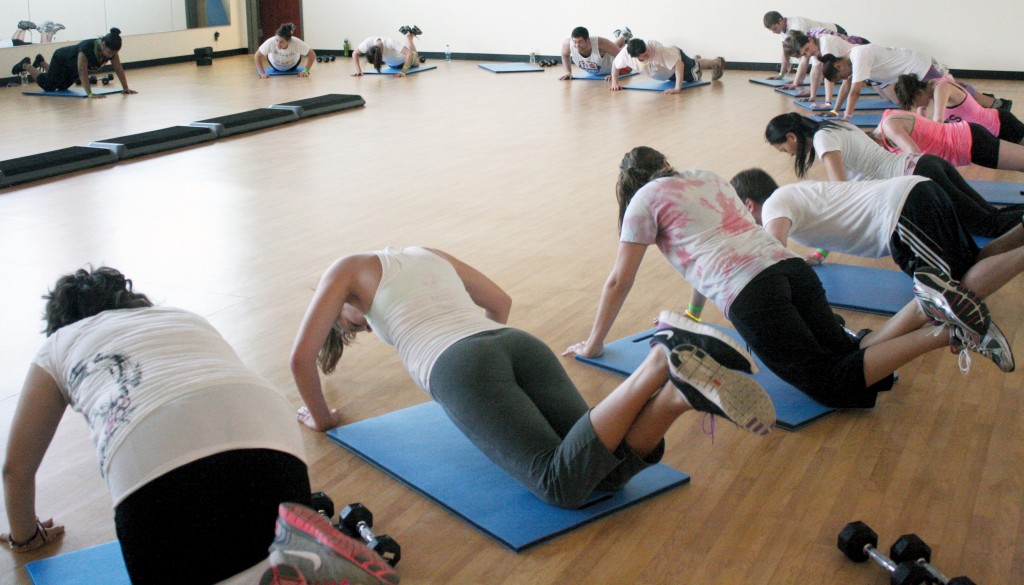
One Binghamton University alumna has returned to the area with the goal of bridging religious, class and racial divides through the power of yoga.
Hina Ahmed, 28, received her bachelor’s degree in history in 2008 and received her master’s degree in education in 2009.
Originally from the village of Endicott, Ahmed moved to the Middle East after graduation to teach for the Council of International Schools. Ahmed taught history, geography and anthropology to high school students in Kuwait from 2010 to 2012.
“My experience in the Middle East was very eye-opening to another culture and ways of life,” Ahmed said. “It took me completely out of my comfort zone and allowed me to grow in ways I never would have had I not had this experience.”
Ahmed returned to Binghamton and chose to incorporate her love of education with her passion for yoga. She currently teaches yoga at the Bundy Museum of History and Art and Vishnu’s Couch Yoga Studio in Downtown Binghamton three times a week.
Ahmed said she wants to diversify the demographic of the yoga community by making her classes donation-based, eliminating any inequalities created by the typically high prices of yoga classes.
“There is a socioeconomic divide, and it shows in the yoga world,” Ahmed said. “Race is part of the reason why yoga classes are more accessible to certain classes of people. You can say that’s a racist statement but it’s speaking to something that is unfortunately true.”
While she asks for donations ranging between $5 and $10, there is no mandatory fee to take Ahmed’s yoga sessions.
“Even if you’re broke and you want to do yoga, I’m not going to turn you away from my class,” she said.
During her classes, Ahmed promotes yoga and eastern philosophies of peace, unity and harmony to her students. She hopes that the practice of these philosophies will help bring communities together and narrow gaps within society.
Ahmed is working on a project called “Salaam and Asanas” that introduces yoga philosophies to the Islamic community by teaching yoga at the Islamic Organization of the Southern Tier.
“You definitely don’t think of bringing yoga to religious institutions,” Ahmed said. “I’m trying to show that yoga isn’t this world that’s its own category. It synthesizes and blends really well with all religions.”
Ahmed is replacing the traditionally used Sanskrit term “namaste,” meaning “I bow to you,” with the Arabic “salaam,” which means “peace,” during her classes, hoping to break through the cultural divides within the yoga community.
Ahmed said she wants to use yoga as a way to create a sense of unity between the student body and Binghamton community.
“It really feels like two separate worlds,” Ahmed said. “Both the University and the community can learn from each other, grow from each other and support each other.”


